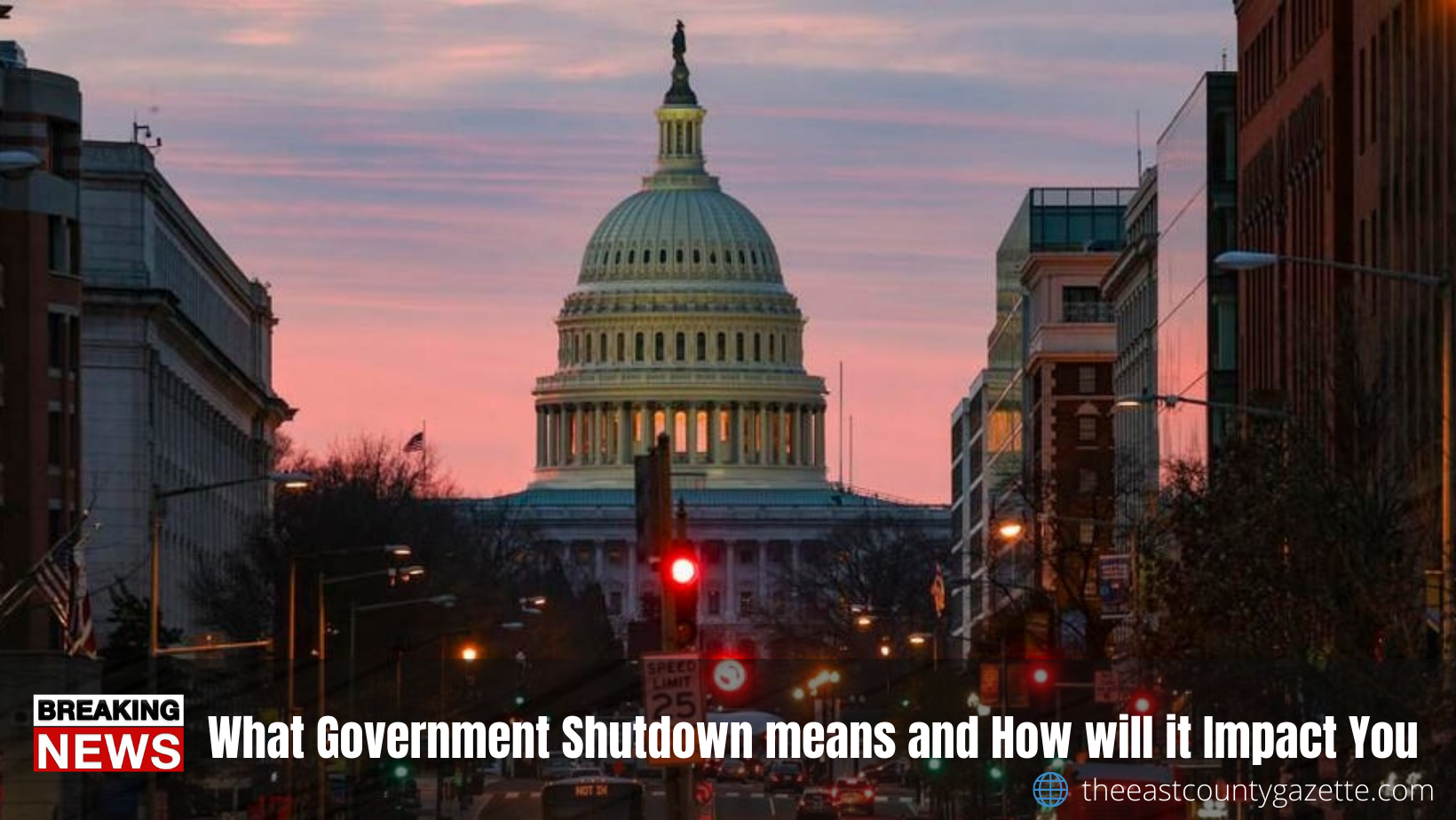Last night, Senate Republicans blocked a House-passed continuing resolution to keep the government open through December, sending the country hurtling toward (another) government shutdown.
Lawmakers have a little less than three days to come up with a revised resolution before current government funding runs out. If it doesn’t, nonessential federal services will stop—and millions of Americans will be furloughed without a paycheck.
When a government shutdown occurs, nonessential federal services stop until new funding legislation is passed and signed into law. Each federal agency has its own shutdown plan, which indicates if its activities can continue during the shutdown—and if it has to furlough its employees.
In total, about 60% of the 2.1 million federal civilian employees will be out of work without pay until lawmakers can come up with a new funding agreement.
According to the Committee for a Responsible Federal Budget (CRFB), many programs are exempt from a government shutdown. However, many services would suffer negative consequences that would be passed on to ordinary Americans. Here are four of the biggest consequences:
Delays at the IRS
During a government shutdown, the Internal Revenue Service (IRS) would not be able to verify income and Social Security numbers.
Since the last government shutdown occurred leading up to tax season, IRS employees were called upon to work without pay to prepare for the season. Fourteen thousand IRS employees refused to, resulting in billions of dollars worth of tax refunds being delayed.
Now might not be tax season, but a shutdown now could potentially delay child tax credit payments, which have already suffered glitches and delays.
Recommended Read: Federal Government Nearing a Possible Shutdown. How Will This Affect You?
Food Stamp Delivery Challenges
The Supplemental Nutrition Assistance Program (SNAP), commonly referred to as food stamps, has been a critical lifeline for families struggling with the economic consequences of the pandemic.
Though a government shutdown wouldn’t cut funding, it could result in food stamps not being able to be sent out.
According to the CRFB, past continuing resolutions have only authorized the benefits to be sent out for 30 days after a shutdown begins.
Should a shutdown go on longer than that, families that already have limited means could be forced to slash their grocery budgets?
New Applications For Social Security, Veterans Affairs Won’t Be Processed
Those currently receiving Social Security benefits wouldn’t be affected by a government shutdown.
But new applications or claims for federal benefits, such as Social Security or Veterans Affairs payments, would not be processed during a government shutdown, potentially leading to a delay in receiving first payments.
National Parks and Monuments Could Close
National parks have proven to be a very popular refuge during the pandemic—parks like Yellowstone set monthly visitation records in 2021.
However, a government shutdown could put the kibosh on many Americans’ vacation plans. During the government shutdown of 2013, more than 300 parks, national monuments, and other sites were closed.
However, during the 2018-2019 shutdown, many remained open, just with no visitor services or maintenance. It’s unclear if these facilities would close, should another shutdown occur, but it is possible—especially to maintain order during a global pandemic.
Recommended Read: House Passes Bill to Avoid Government Shutdown and Suspend Debt Limit
Why Are We Facing a Government Shutdown Again?
The longest government shutdown in history, which lasted for 35 days, occurred between 2018 and 2019.
It began when Trump demanded to fund a $5.7 billion wall between the U.S. and Mexico and refused to sign a government funding bill that didn’t include it.
An estimated 800,000 federal workers and 1.2 million contractors went without pay during that period, which happened to be over the holidays—with some workers so negatively impacted that they filed for unemployment benefits.
As of now, it’s impossible to predict if another shutdown will actually occur. But what’s certain is that federal funding is caught in the middle of a political showdown in Congress—and it’s getting ugly.
Last week, Democrats passed a bill that would renew government funding but tied it to raising the debt ceiling. Republicans and Democrats are at odds regarding which chamber should be responsible for raising the debt ceiling; as a result, the Senate blocked the measure on Monday.

